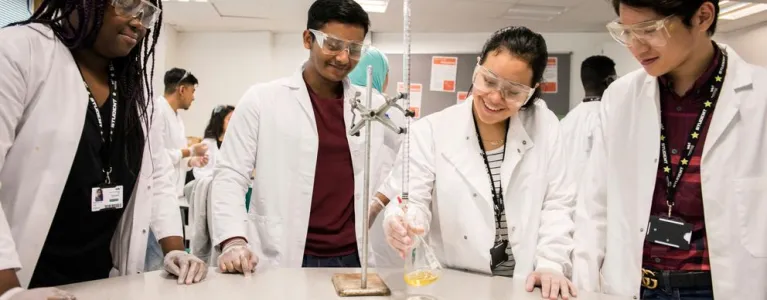
Picture the typical STEM professional and what do you see? In your mind’s eye, is the scientist, technologist, engineer or mathematician a male who is, most likely, white? Take a deep dive into statistics compiled by those within the sector and it’s clear that this isn’t some outdated and cliched stereotype, but an actual reality.
Despite progress over the years, research shows there’s still a way to go to get more women into STEM. They make up less than a quarter of the core STEM workforce in the UK; only 12% of the UK’s engineering workforce are female; 16.4% of ICT professionals are women.
It’s that last statistic that is particularly alarming because, according to the Royal Society of Arts, programmers and software developers were the fastest growing occupations, with over 160,000 new roles created between 2011 and 2019. The RSA report adds, ‘But unfortunately, the cliché of ‘tech bros’ is entirely warranted: less than 20 percent of these flashy well-paid jobs were filled by women.’
As we find our way out of this coronavirus pandemic, it’s going to be a critical vibrant, high-growth sector. With looming economic challenges ahead, girls and young women will be thinking deeply about the job market they’ll be entering and will plan their futures accordingly. As for employers, it’s time they took on board the wealth of evidence about gender diversity making sound business sense.
There are many organisations doing brilliant work to encourage the next generation of ‘tech sisters’. These include the Stemettes, whose founder, Dr Anne-Marie Imafidon MBE, I had the pleasure of meeting earlier this year. As Chair of the Education Panel at the GLA, I also dropped into one of their events at Hornsey School for Girls.
The Panel made several recommendations to the Mayor as a result of its investigations, including the establishment of an online portal. We found that girls and their parents or carers sometimes weren’t aware of the many opportunities that exist to get involved in science, technology, engineering and maths. We also agreed it was critically important that these young people had role models who looked like them: women they could relate to, successfully doing jobs in STEM that they themselves may do as adults. You can watch a video about the visit below.
Elsewhere, City Hall’s contribution to International Women in Engineering Day this year (23rd June) was a live careers event where young people heard from engineers who shape our world daily.
Research shows that there is little to no difference in boys’ and girls’ ability at STEM subjects. It’s the stereotypes that turn girls away from specialising in these at university and, subsequently, from entering STEM careers. Tackling stereotypes isn’t easy. But it’s vital if our girls and young women are to fulfil their true potential.